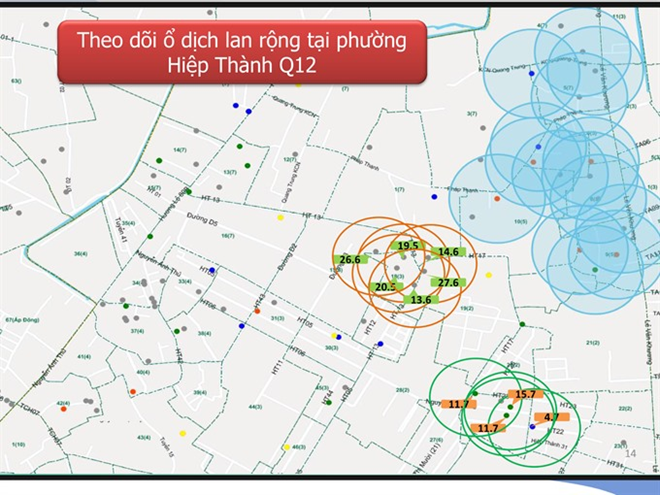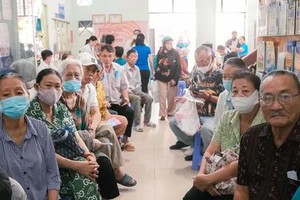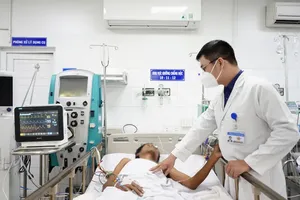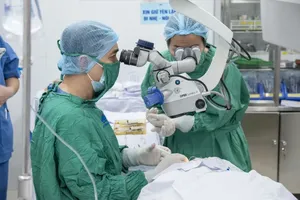
Last year, the city recorded nearly 5,000 patients with hand-foot-mouth disease, according to the preventive medicine centre.
“This IT application, especially the GIS technology, was one of the methods which the city applied last year to help reduce new dengue fever incidences,” Hung added.
According to the city’s Preventive Medicine Centre, the city last year reported more than 19,500 cases of dengue fever, dropping from 22,099 in 2016. Last year, six people died due to the disease while five died in 2016.
The city saw a decrease in new incidents of the Zika virus infection, which is transmitted by Aedes mosquitoes, with only 21 cases last year while it reported 190 in 2016.
Of the 21 Zika patients, 13 were pregnant women.
Dr Nguyen Tri Dung, the centre’s head, said that the centre last year used GIS technology to collect information on dengue fever patients, to monitor outbreaks and track the spread of diseases on a digital map of the city’s wards and communes, and to respond effectively to disease outbreaks.
The city had 20,844 dengue-fever high risk areas listed and monitored, Dung said, adding that 80 per cent of them were under periodic surveillance.
Hung said that 16 districts have imposed strict fines for individuals, households and organisations which failed to obey regulations on preventive methods against dengue fever, including allowing water containers with mosquito larvae.
“Last year, the city issued the highest number of fines, with 400, an increase of 257 fines in 2016,” Hung added.
He said that the Department of Health will continue to sign join agreements with other departments in the city to cooperate for the regular prevention and surveillance of diseases.
“Moreover, it will equip districts with more spraying machines and other equipment. More training courses for health officials will be opened. Because it is difficult to forecast disease development, we should take the initiative in prevention,” Hung said.
























